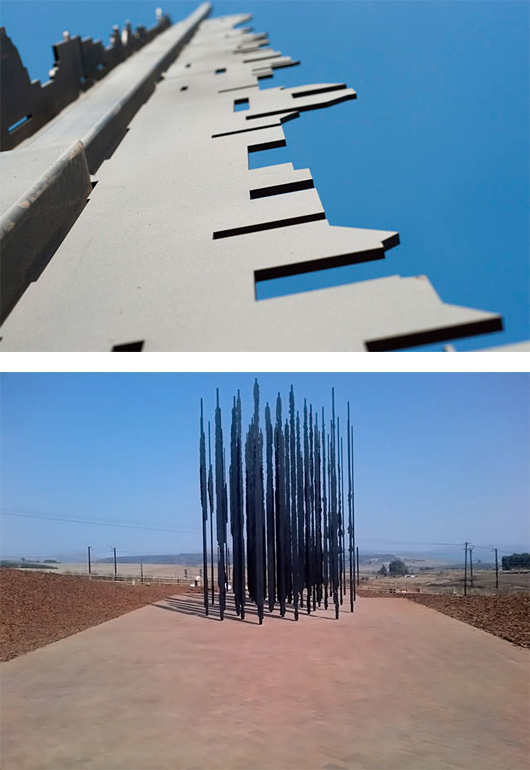

If you are from the United States of America, the most common reply when conversing in Italian is even easier - “Sono americano”! Of course, following the usual gender rules, females will have to say, “Sono americana.” Another possible reply, “ Vengo dall’America,” is grammatically correct but probably sounds a bit awkward to the Italian ear. The preposition da is then combined with the definite article to make dal, dallo, dalla, dall’, dagli or dalle, which all mean “from the.” (Note: not all definite articles and combinations have been listed here and the rules for combining the Italian definite articles are beyond the scope of this blog.) For now, just look up and remember the correct way to describe the region, state, or country in which you are living. Remember that when speaking of a region, state, or country, the Italian definite article (il, lo, la, l’, gli, le) must be used. Once again, the question may be asked politely or in a familiar way. The reply will most often use the io form of venire, which is vengo (I come) and da ( from), followed by a city, town, region/state, or country. The phrase created with the preposition da uses the action verb venire and may come up in conversation when someone is visiting or has moved to a new place. The second way to ask, “Where are you from?” in Italian uses the preposition da and the formula below: Da + dove + venire The examples from our previous blog: Di dov’è Lei?
Marco and the noun project how to#
One of the most frequent questions asked during polite conversation is, “Where are you from?” We learned how to use the preposition di to ask and answer this question in an earlier blog in this series, “How to Use ‘Di’ in Italian.” You will remember that phrases with the preposition diare used to inquire about one’s place of birth, with the understanding that this place is often the same town the person is still living in.


 0 kommentar(er)
0 kommentar(er)
